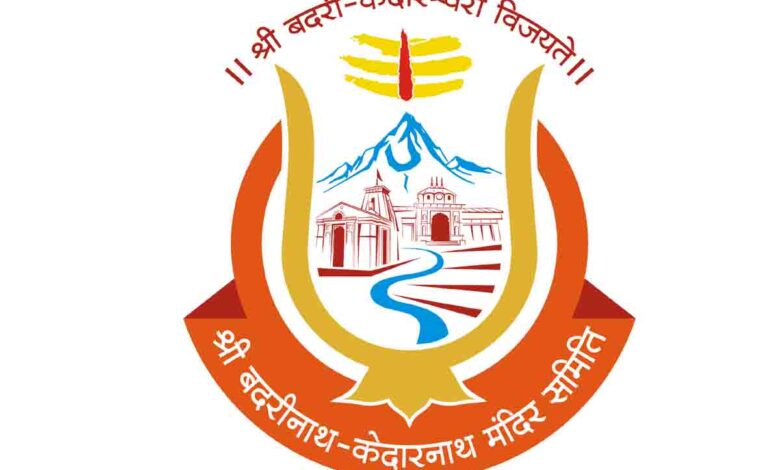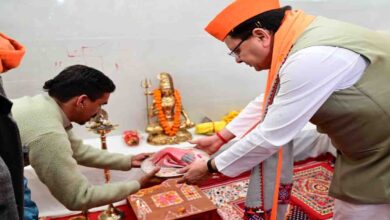BKTC issues SoP for maintaining sanctity of Prasad in Badrinath & Kedarnath

FDA to undertake regular audits of Prasad making process in these Dhams
Gajendra Singh Negi | DEHRADUN
Considering the controversy involving the alleged use of adulterated ghee in making of the Prasad at Tirupati Balaji temple of Andhra Pradesh, the Badrinath Kedarnath Temple Committee (BKTC) has prepared a standard operating procedure (SoP) for ensuring purity, quality and food security of the Prasad prepared and distributed in world famous Badrinath and Kedarnath shrines. The BKTC has also decided to set up a system for regular food safety audits of the Prasad making process.
The SoP released by the chief executive officer (CEO) of BKTC, Vijay Prasad Thapliyal focuses on maintaining hygiene and emphasises that the food material should be free from any kind of non vegetarian food. It is pertinent to mention here that The Pioneer in its edition of September 22 had raised the issue of purity and sanctity of the Prasad in Badrinath and Kedarnath temples.
The department of food safety and drugs administration of Uttarakhand has helped the BKTC in preparing the Prasad SoP. The BKTC has also decided to constitute a committee composed of its officials, representatives of local stakeholders, administration and officers designated by the FDA department for monitoring of the Prasad making process and ensuring that the SoP protocols are followed.
The SoP mandates that the kitchen where the Prasad is prepared should have concrete floor, exhaust for exit of smoke and the area should be covered with wall tiles up to four feet. The cooking area should have a facility of a wash basin with soap to wash hands and a clean towel. Different sinks should be there for washing raw material. The SoP directs that the raw material such as rice, pulses, oil, ghee, saffron and condiments should be purchased from reliable traders and they should be tested for volume loss and foul smell at the time of purchase. Only packaged food items having a veg logo, best before use date and expiry date should be used in the making of the Prasad.
The Prasad should be cooked properly and the oil once used should not be reused. The hands of the people engaged in making Prasad and its distribution should be clean and they should not be suffering from any disease. The SoP has also laid guidelines for storage of Prasad and stock rotation of the raw material.
Badrinath and Kedarnath shrines are frequented by lakhs of pilgrims every year. The pilgrims are given dry Prasad composed of Elaichi Dana mixed with Chana Dal, Cholai (Amaranth) laddus and dry fruits in Badrinath and Elaichi Dana mixed with dry fruits in Kedarnath. Many vendors including some women self help groups are engaged in making Prasad in these temples.






